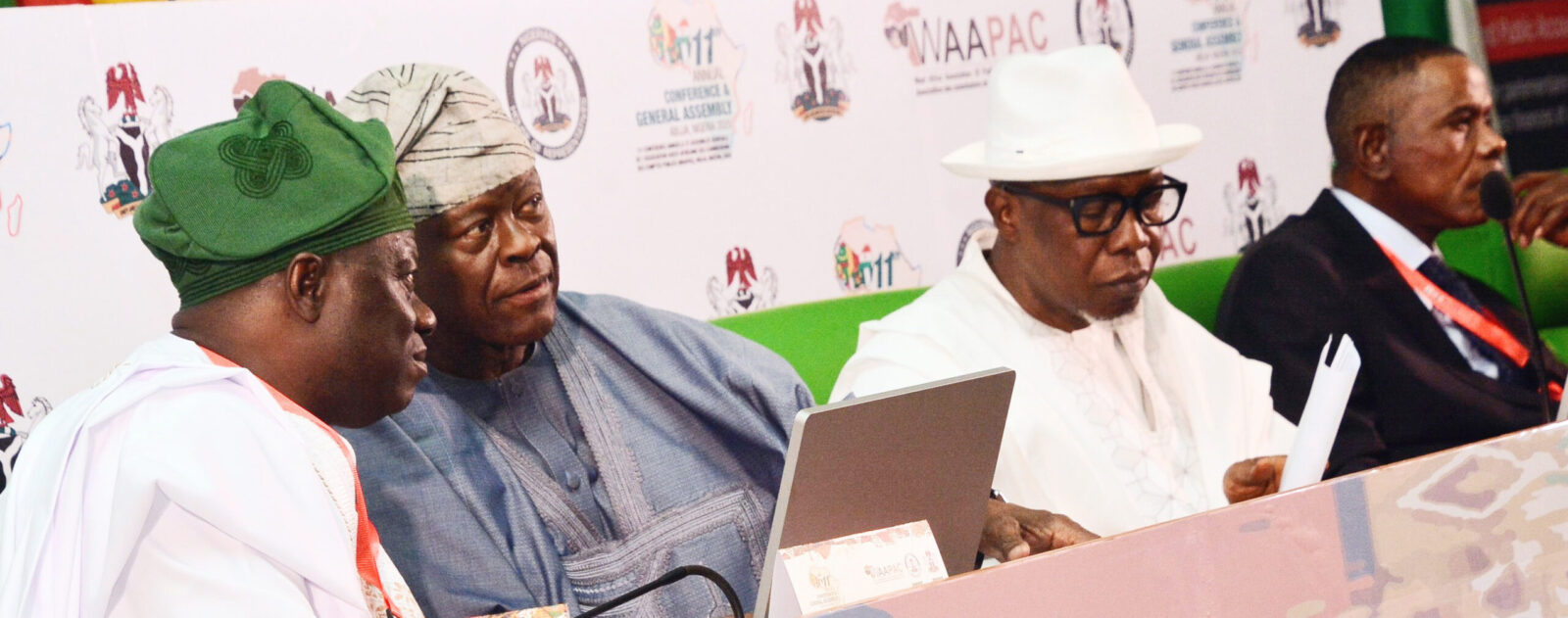Federal Government Economic Reforms Showing Tangible Results, Says Minister Edun

Nigeria’s Minister of Finance and Coordinating Minister of the Economy, Wale Edun, has said the country’s ongoing economic reforms are beginning to deliver measurable gains, with debt sustainability improving and investor confidence returning.
Speaking at the 11th Annual Conference and General Assembly of the West Africa Association of Public Accounts Committees (WAAPAC), hosted by the House of Representatives Committee on Public Accounts in Abuja, Edun acknowledged that Nigeria, like many West African countries, still faces fiscal pressures from high debt servicing, limited revenue, and rising expenditure.
He, however, maintained that reforms under President Bola Ahmed Tinubu’s administration—such as fuel subsidy removal, foreign exchange liberalisation, and comprehensive tax reform—are gradually reversing negative indicators and positioning the economy for sustainable growth.
Official data presented by the minister showed that Nigeria’s debt service-to-revenue ratio fell to about 60 percent in 2024, while debt-to-GDP stood at 38.8 percent, a level he described as sustainable by international benchmarks. Government revenues, he added, grew by 34.7 percent in the first half of 2025 compared to the same period in 2024, creating more fiscal space for investment in priority sectors.
Edun stressed that the government’s role is to create the enabling environment while private investment—responsible for 90 percent of economic activity—drives growth. He listed fiscal priorities, including debt transparency, growth-oriented borrowing, stronger domestic revenue mobilisation, and adherence to the Fiscal Responsibility Act. Borrowing, he said, would be tied to viable projects with clear returns, avoiding unsustainable financing models.
He also warned of global challenges such as shrinking aid, slower trade, and high international interest rates, urging African nations to adopt reforms, technology, and digital systems to strengthen revenue collection. He underlined the importance of parliamentary oversight in ensuring fiscal accountability.
Senate President Godswill Akpabio, represented by Senator Osita Izunaso, called for stronger constitutional authority for public accounts and finance committees across West Africa to safeguard fiscal stability. He cautioned that poorly managed debt could undermine democracy but noted that, when properly structured, debt can finance growth and development.
Chairman of the House Public Accounts Committee, Rep. Bamidele Salam, disclosed that the committee recovered over N200 billion in lost revenues for the Federal Government in the past year. He said Nigeria’s hosting of WAAPAC for the first time since its inception in 2009 was significant given Africa’s rising debt burden.
Salam also highlighted reforms by the committee, including the completion of audit reports for the first time since 1999, progress on the long-delayed Audit Bill now before the Senate, digitisation of hearings, and the launch of PAC Magazine for public engagement.
WAAPAC President, Hon. Issouf Traore, commended President Tinubu’s reform agenda and urged African nations to work together to tackle fiscal challenges and strengthen economic resilience.








Comments
This post currently has no comments.